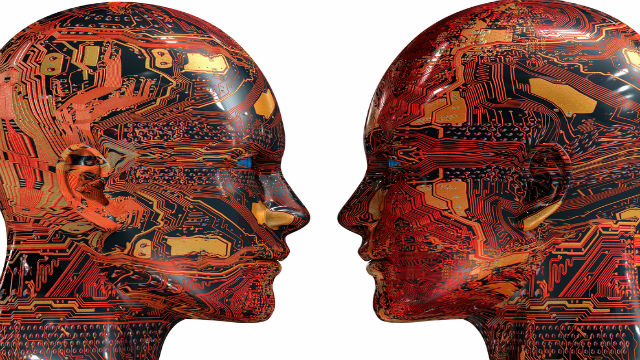Money Makes ALL the Difference
University of California’s Paul Piff led a series of experiments that delved into the behavior associated with the rising income inequality in the United States. What he found was incredibly surprising.
Piff found a link between wealth and unseemly behavior. In one experiment, Piff placed an individual in a room with a bowl of candy on the table. He told the candy was intended for a study being done with children later, but they were welcome to have a few pieces, but not very much. Wealthier participants took two times as much candy from children as the poorer participants.
Piff and company then tested honesty in reporting dice rolls, when a cash prize was on the line. They found that people in the upper income brackets, that were making $150,000-$200,000 were four times more likely to cheat than people in lower income brackets just to win credits for a $50 cash prize.
What is it about wealth that makes people change the way they act?
Piff led another experiment where he simply made people feel rich in the office. He did this through a simple game of monopoly, played with two people. One person begins the game more well off. They get $2,000 to the poorer person’s $1,000. They get to start the game with the Rolls-Royce, instead of an old boot-playing piece. And finally, they get to roll two die, instead of just one. The game was rigged for the player who started out wealthier to win.
While the rich players are determined randomly, by the end of the game, when the richer players are asked whether they deserved to win the game, the answer was unanimously, yes. They attributed success to themselves, even though it was simply a coin flip that got them on the rich side of the monopoly board. In a game as simple as this, we see that the richer individual in the game, starts to attribute success more and more to their own character, and less and less to all of the other factors that influenced their success.
Those who were on the rich side of the board were more likely to eat from a bowl of pretzels positioned on the table. The talked with their mouths full so they were a little ruder. But, the psychologically poor become way more generous, charitable, and much more likely to offer help to another person. This was proven in a whole slew of other studies as well that made rich people feel poor, and poor people feel rich.
It is clear that inequality produces behaviors that rationalize where we fall on the economic ladder.
Check out the study!




